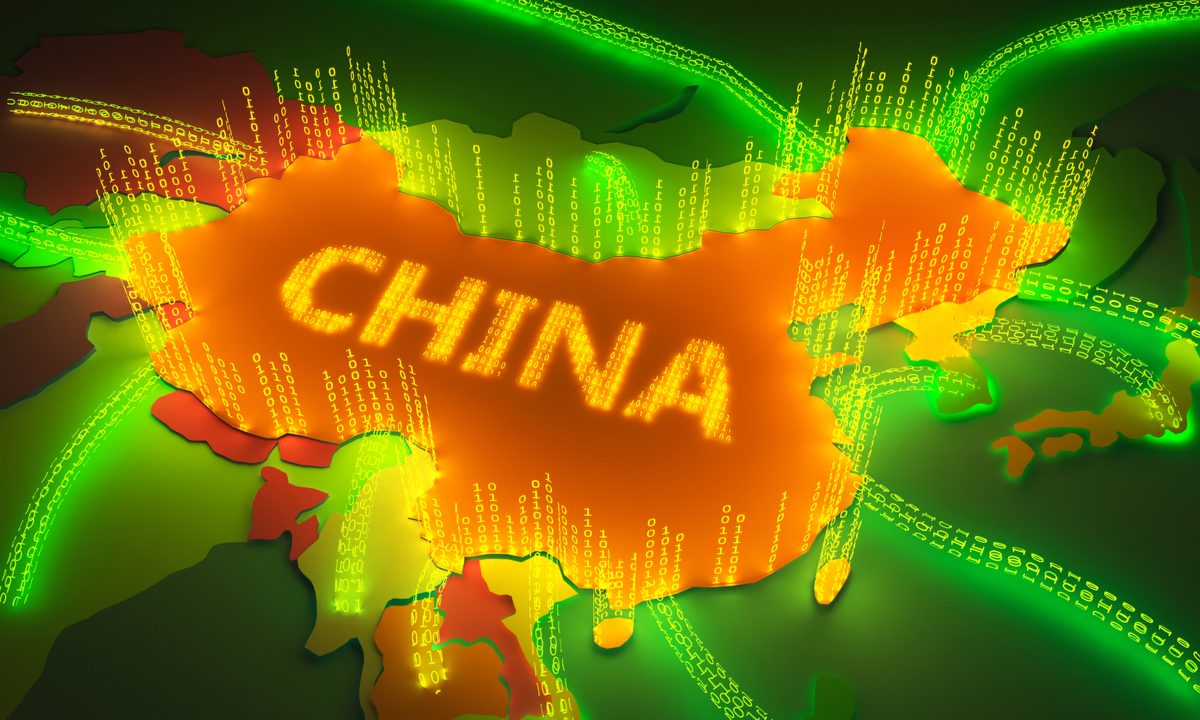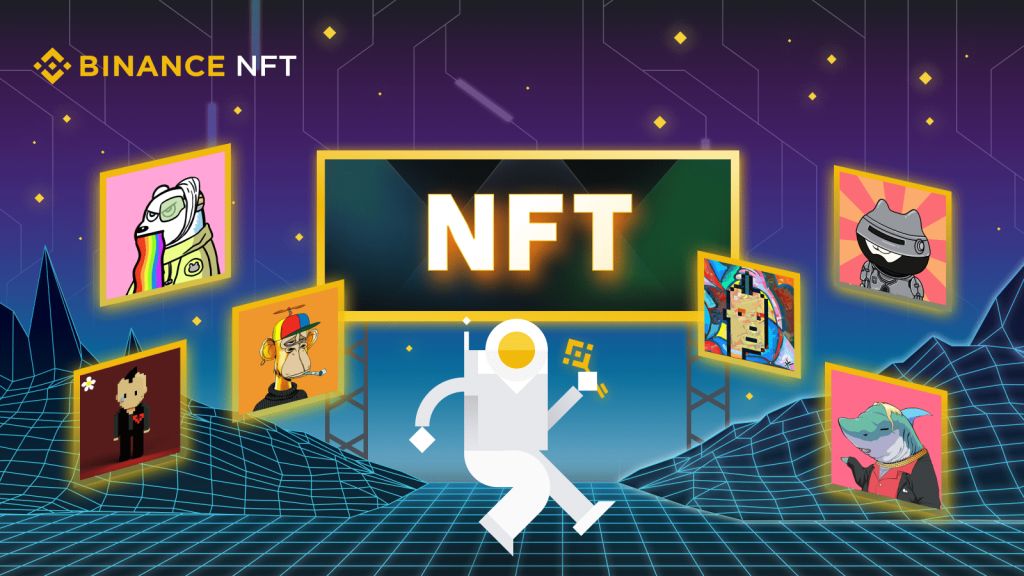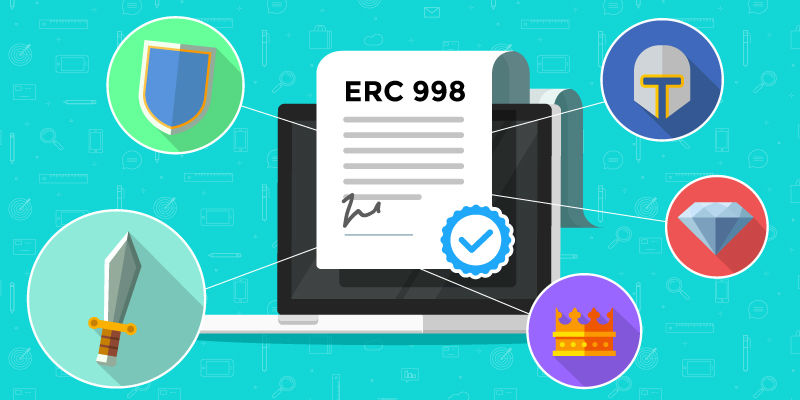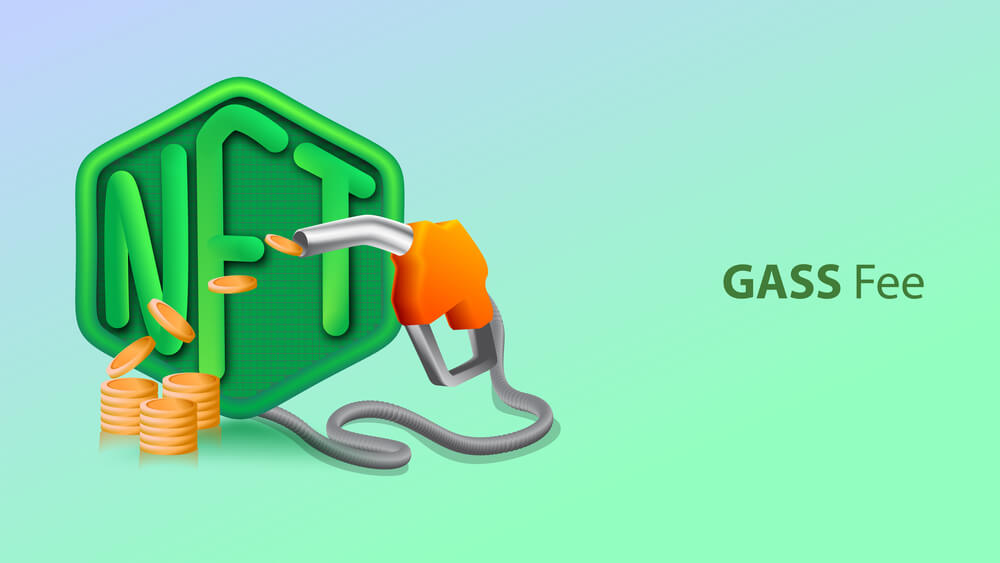Harris Sevinc, a chief technology officer at a blockchain game firm utilizing NFT and metaverse-centric concepts, The Unfettered, believes that China is still hostile to digital assets.
However, its residents are obsessed with blockchain technology, the move that has attracted many investors to continue harnessing blockchain-based projects such as NFTs that do not depend entirely on crypto.
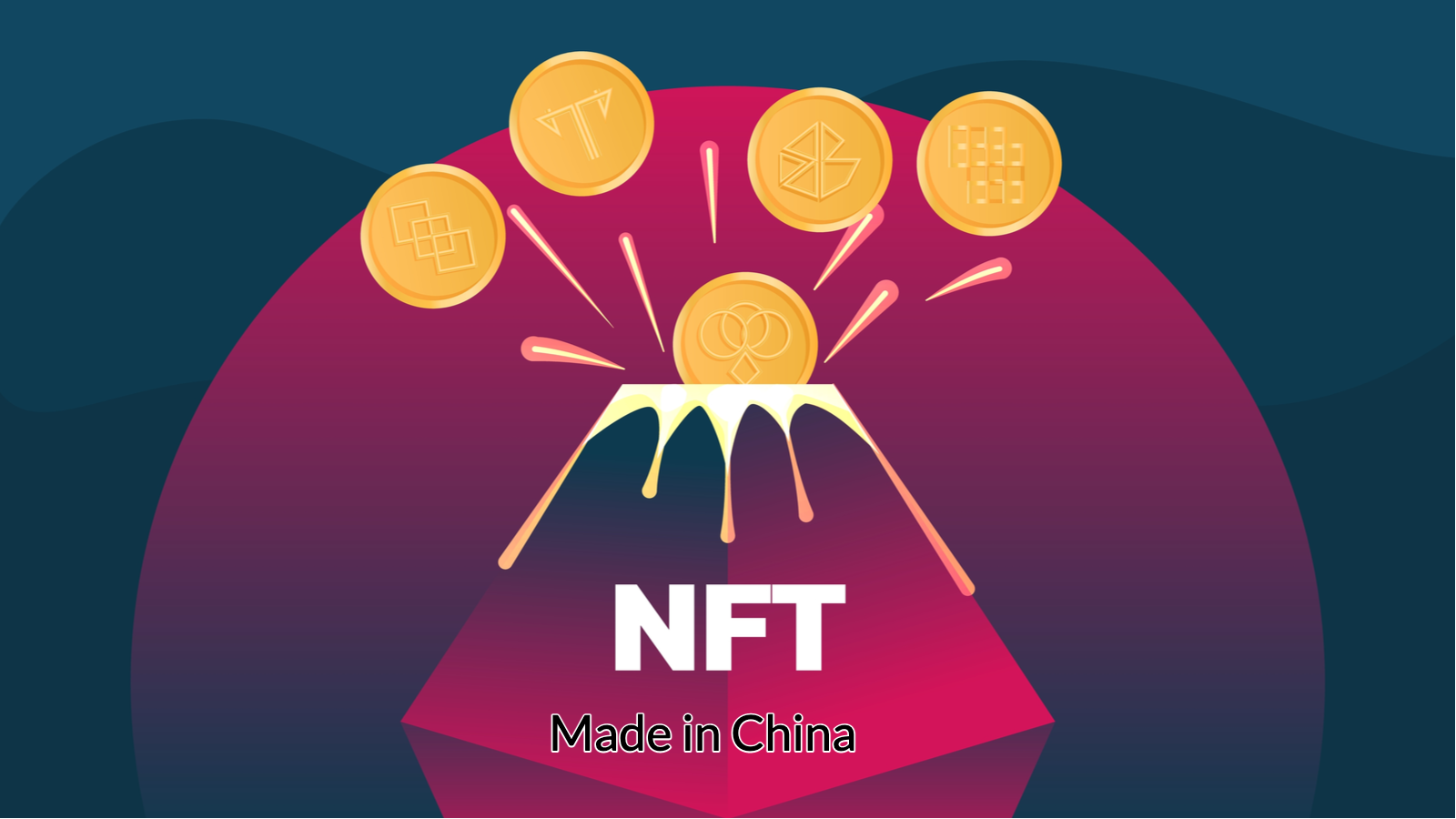
According to Sevinc, the recent move of giant internet firms amending their policies confirms their desire to avoid regulatory action, fearing either heightened fines or bans. He added:
“Because the NFT ecosystem is still in its early stages, most regulators are only warming up to this idea and trying to assess its prospects. If authorities implement a positive form of regulation in the NFT space, these tech giants [Tencent and Alibaba] will be among the pioneers of the future of Web3 in China. In that case, the patent bets will keep coming in.”
Ben Caselin, the head of research and strategy at crypto exchange AAX, said:
“NFTs are somewhat tolerated in China” and are being labeled and marketed as digital collectibles.
“These are issued on more restrictive hybrid or permissioned blockchains that prevent holders from speculating on secondary markets.”
According to Caselin, these domestic markets may continue flourishing since permisioned NFTs do not offer many core features or advantages such as holding. In this case, they do not benefit from the same dynamics as mainstream NFTs.
While adding his thought on NFT uncertainty in China, Jake Fraser, the head of Business development at a decentralized film financing and movie-based NFT platform, Mogul Productions, said that there are still more opportunities in the Chinese NFT market:
“There is always going to be constant legislative updates and companies updating their policies, but innovation is still taking place. One area in their NFT market that is gaining momentum is gamification. It will be interesting to see the different use cases that unfold from this.”
Fraser maintained that NFTs are in their early stages, arguing that he has not seen any government imposing regulations. However, he noted that just like an initial coin offering (ICO), legislation of NFTs is inevitable.
Experts Hold Different Opinions On NFTs In China
Vijay Pravin Maharajan, the founder and CEO of an NFT-focused analytics firm, bitsCrunch, slightly differed from Caselin in that NFTs are on an extremely short leash in China. According to Maharajan, the list of NFTs currently transacted in Yuan is rapidly growing, and the Chinese government will soon adopt the assets class, adding:
“Strict rules and agreements established around NFTs and digital collectibles make the industry viable. The Chinese government is trying to ensure NFTs are safe and regulated. There’s no denying that [China] is a leading country in blockchain technology. So, we might get a glimpse of Web 3.0 from them soon.”
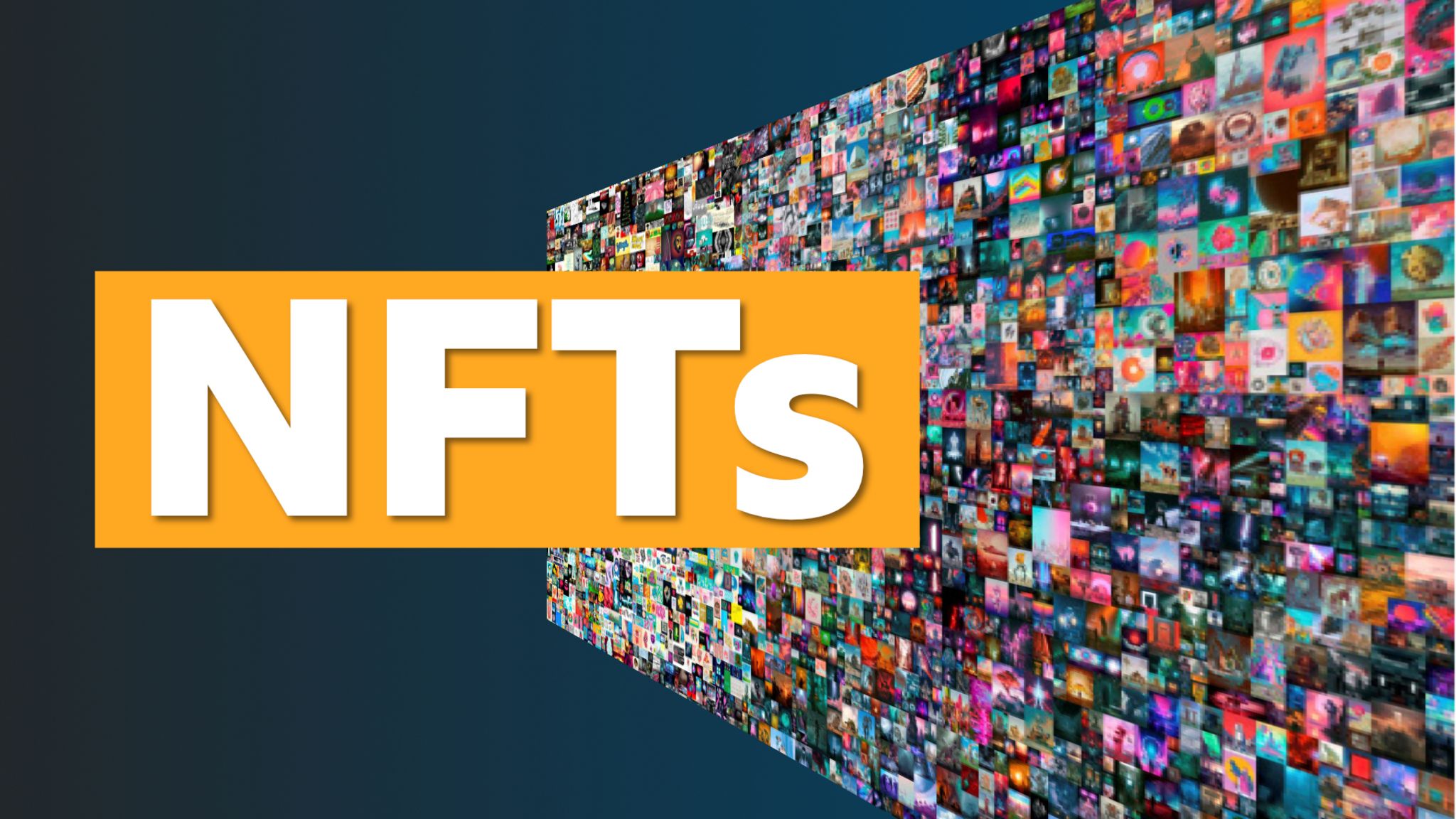
Maharajan added that the Chinese government continues embracing NFTs via infrastructures independent of cryptocurrencies. The top executive believes that it is alright to shift from the traditional NFT framework to a new business model. He outlined that new NFT offerings have multiple ways through which they can be minted, distributed, and transacted:
“Even though it may seem like a slow start, so far, we see a positive trend with the acceptance of NFTs irrespective of crypto bans and their effects.”
However, as the world enters into the future driven by blockchain technology and innovations such as NFT, it will be interesting to see how giant financial movers and shakers like China and United States will change their digital outlook and regulate these assets.

